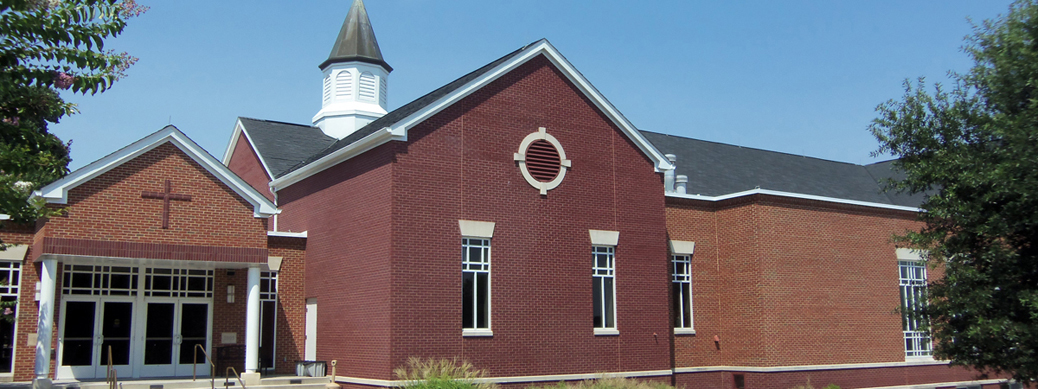The sacrament of Reconciliation, also known as Confession or Penance, is a sacrament of the Catholic Church in which Catholics confess their sins and receive absolution from a priest. This sacrament is an important aspect of Catholic spiritual life and is believed to bring spiritual healing and peace to those who participate in it. In this guide, we will explore the Catholic understanding of confession, the process of confessing one’s sins, and the benefits of participating in the sacrament of Reconciliation.
What Is The Catholic Understanding Of Confession?
The Catholic Church teaches that the sacrament of Reconciliation is an essential part of the Christian life. Through this sacrament, Catholics confess their sins and receive absolution from a priest, who acts in the place of Jesus Christ. This sacrament is believed to bring spiritual healing and peace to those who participate in it. The Church also teaches that the sacrament of Reconciliation is necessary for the forgiveness of sins committed after baptism.
The Process Of Confessing One’s Sins
The process of confessing one’s sins in the Catholic Church involves several steps. First, Catholics prepare for the sacrament by examining their conscience and reflecting on their actions and attitudes. This process of self-examination helps Catholics to identify their sins and understand the impact of their actions on themselves and others.
Next, Catholics approach the confessional, where they confess their sins to a priest. This is done in a private setting, where the penitent (the person confessing their sins) is able to speak openly and honestly about their actions and attitudes. The priest listens to the confession, offers counsel and guidance, and assigns a penance to be performed as an act of reparation for the sins confessed.
Finally, the penitent expresses contrition for their sins, and the priest absolves the penitent of their sins, saying the words “I absolve you of your sins in the name of the Father, and of the Son, and of the Holy Spirit.” The penitent then performs the assigned penance and goes about their life, striving to live in a way that is in accordance with the teachings of the Church.
Benefits Of Participating In The Sacrament Of Reconciliation
Participating in the sacrament of Reconciliation brings many spiritual benefits to Catholics. The sacrament is believed to bring spiritual healing and peace to those who participate in it. It also strengthens Catholics in their faith and helps them to grow in their relationship with God.
Additionally, the sacrament of Reconciliation helps Catholics to understand the gravity of their actions and the impact of their sins on themselves and others. It also helps Catholics to develop a greater sense of personal responsibility and accountability for their actions.
Another benefit of participating in the sacrament of Reconciliation is the opportunity for spiritual growth and self-improvement. Through confessing our sins, we become more aware of the areas in which we need to improve and make a deliberate effort to change our behavior and attitudes. The penance that is assigned by the priest can also serve as a reminder of our commitment to self-improvement and help us to avoid falling into the same sins in the future.
It is also important to note that the sacrament of Reconciliation is not just for serious sins or “big” mistakes. All sins, no matter how small or insignificant they may seem, can be confessed in the sacrament of Reconciliation. This includes not only sins of commission (actions we take) but also sins of omission (actions we fail to take). This is because all sins, no matter how small, have an impact on our relationship with God and our fellow human beings.
Finally, it is worth noting that the sacrament of Reconciliation is not a one-time event, but rather something that should be a regular part of one’s spiritual life. The Church encourages Catholics to participate in the sacrament of Reconciliation at least once a year, or more often as needed. Regular participation in the sacrament not only helps us to maintain a state of grace and avoid mortal sins, but also helps us to grow in our relationship with God and become better people.
In Conclusion: The sacrament of Reconciliation is an essential part of Catholic spiritual life and offers a way for Catholics to confess their sins and receive absolution from a priest. It brings spiritual benefits such as spiritual healing, peace, and self-improvement. It is important to remember that all sins, no matter how small, can be confessed and the sacrament should be a regular part of one’s spiritual practice.
Read Also:






